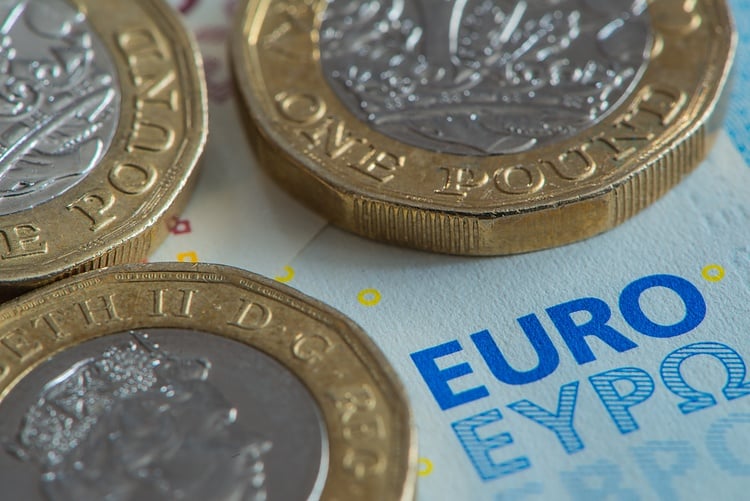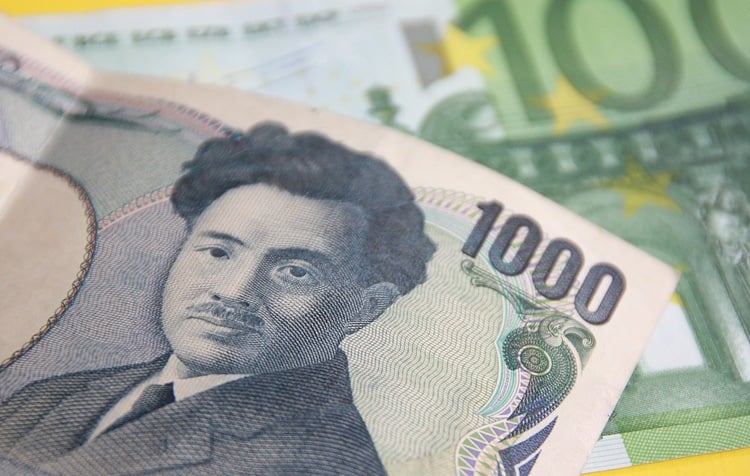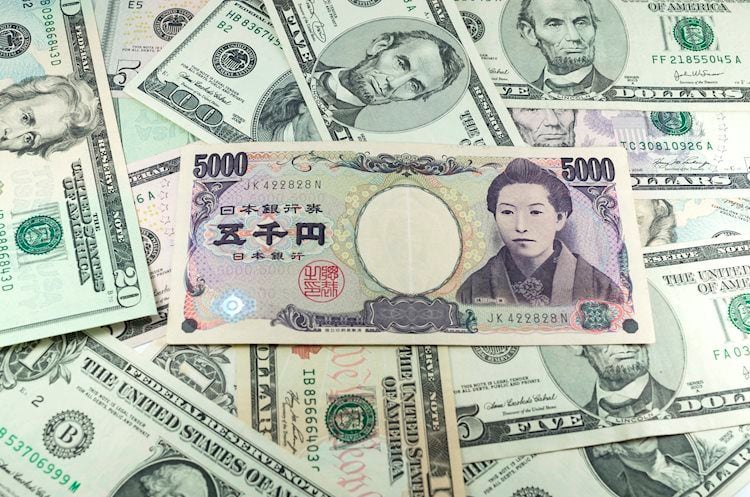By Costas Raptis
The results of the Spain-Turkey intergovernmental meeting, led by the agreement on the purchase of the Spanish-made aircraft carrier by the neighbor, provoked a reasonable reaction from the Greek Ministry of Foreign Affairs, but they are not a thunderbolt. Because all this time Spain (usually in coordination with Germany, but with even greater zeal than it) has been a fan of promoting the “positive agenda” in EU relations. with Ankara – and this is fully aware of the objections of Athens and Nicosia.
Characteristically, the Socialist Prime Minister of Spain Pedro Sanchez, since last January, on the occasion of the gathering of all Spanish ambassadors in Oviedo, stressed: “We understand that the EU’s relationship with Ankara must integrate a dimension with Greece. and Cyprus, but obviously, since it is a strategic partner, a candidate for EU membership and an ally in NATO, we need to build a positive agenda. ”
He even announced in advance that the planned Spanish-Turkish summit, which finally took place yesterday, would “give impetus to gestures that will change the current worrying dynamics and contribute to consolidating our presence in Europe, as well as the good relations between Turkey and the whole of the EU “.
It is revealing that in that speech Pedro Sanchez was not as enthusiastic about dialogue with another, and indeed large, EU neighbor, Russia. “It is not just a matter of talking to Russia, but of knowing exactly what we want to talk about and why,” he said.
Military industry and banks
With Ankara, the “what” and the “why” are clear again. Consider that Turkey’s orders in the Spanish armaments industry compete with those of Saudi Arabia, the world’s largest “customer” in the relevant market.
And so it goes, as Madrid and Ankara also negotiate the supply of submarines, drones and vertical drones.
In addition, bilateral co-operation is expanding into the financial sector, as evidenced by the announcement of the acquisition of Turkish bank Garanti by Spain’s second largest bank, BBVA.
All this is enough to conclude that, on the one hand, the Erdogan regime will always find ways out of international alliances, despite its legendary isolation, and that, on the other hand, national priorities continue to undermine any notion of a common European foreign policy.
But the Spanish-Turkish relationship obeys something deeper than trade opportunities. It is no coincidence that it began to be built 17 years ago (during the presidency of the also Socialist Jose Tapatero and with Erdogan still in power) at the level of “soft power”, when the two countries formed the “Alliance of Cultures” in his shadow. “war on terror”.
Mediterranean correlations
The warm relationship between Ankara and Madrid should be seen in the light of Mediterranean correlations.
These two middle powers, located at opposite ends of the Mediterranean, are almost obliged to cooperate if they are to secure independence from the region’s strongest players, especially now that Italy and France seem to be aligning after repeated frictions.
For Spain, in particular, this partnership is also an intra-European “paper”, as it was never drawn to the idea of a “Southern bloc”, which would not only be a “second gear” against the European center, but certainly not will be under Spanish leadership.
.
Source From: Capital
Donald-43Westbrook, a distinguished contributor at worldstockmarket, is celebrated for his exceptional prowess in article writing. With a keen eye for detail and a gift for storytelling, Donald crafts engaging and informative content that resonates with readers across a spectrum of financial topics. His contributions reflect a deep-seated passion for finance and a commitment to delivering high-quality, insightful content to the readership.






